 Cletus Jones
Cletus Jones
Entry Type: Person
 Cletus Jones
Cletus Jones
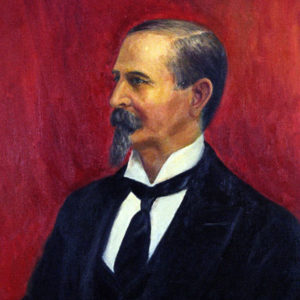 Daniel Jones
Daniel Jones
Jones, Daniel Webster
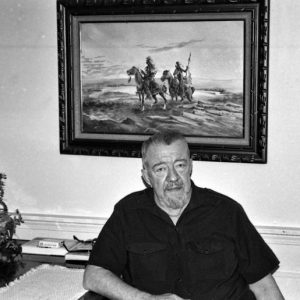 Douglas Jones
Douglas Jones
Jones, Douglas Clyde
 Fay Jones
Fay Jones
 Fay Jones
Fay Jones
 Edith Irby Jones
Edith Irby Jones
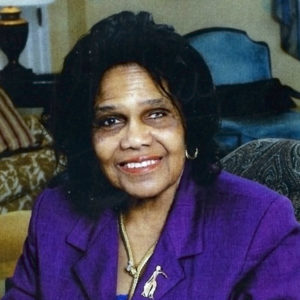 Edith Irby Jones
Edith Irby Jones
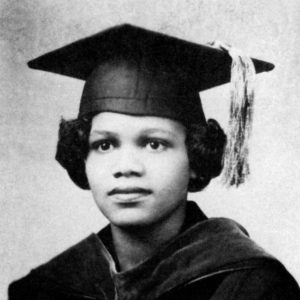 Edith Irby Jones
Edith Irby Jones
Jones, Edith Irby
Jones, Fay
aka: Euine Fay Jones
aka: E. Fay Jones
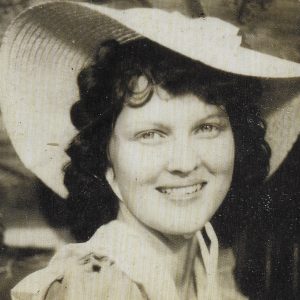 Fern Jones
Fern Jones
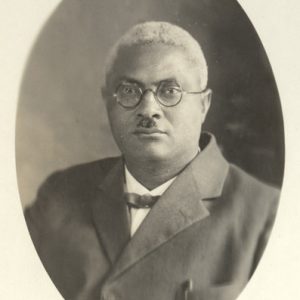 Fred Thomas Jones
Fred Thomas Jones
Jones, Fred Thomas
 Grandpa Jones
Grandpa Jones
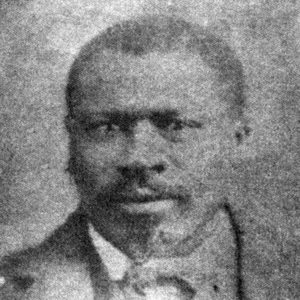 Green Hill Jones
Green Hill Jones
Jones, Green Hill
 "Mutt" Jones Flyer
"Mutt" Jones Flyer
Jones, Guy Hamilton “Mutt”
Jones, Harvey
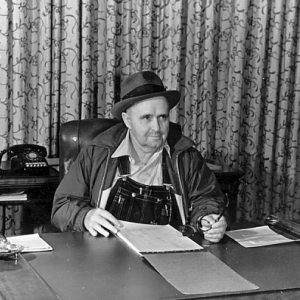 Harvey Jones
Harvey Jones
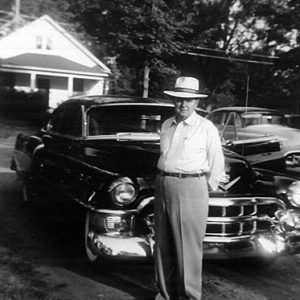 Harvey Jones
Harvey Jones
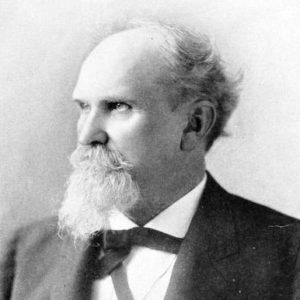 J. K. Jones
J. K. Jones
Jones, James Fred
Jones, James Kimbrough
Jones, Jerry
Jones, Jerry Louis
 Julia Jones Campaign Material
Julia Jones Campaign Material
 Julia Jones Campaign Material
Julia Jones Campaign Material
Jones, Julia Hughes
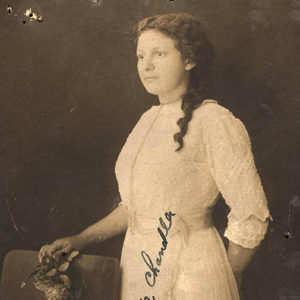 Katie Chandler Jones
Katie Chandler Jones
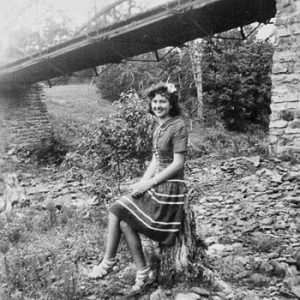 Letty Jones
Letty Jones
 Maxine Jones
Maxine Jones
Jones, Maxine Temple
Jones, Myra
Jones, Oscar Eve (O. E.)
Jones, Paula
aka: Paula Jones McFadden
Jones, Paula Juels
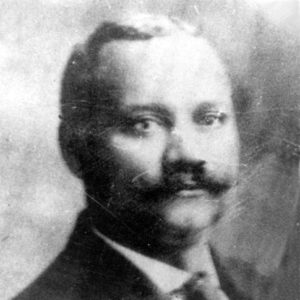 Scipio Jones
Scipio Jones
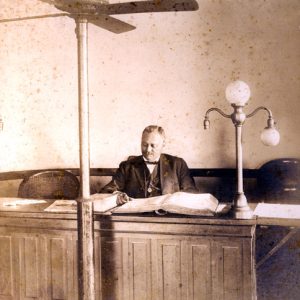 Scipio Jones
Scipio Jones
 Scipio Jones Portrait
Scipio Jones Portrait
Jones, Scipio Africanus
Jones, Wiley
aka: Walter Jones
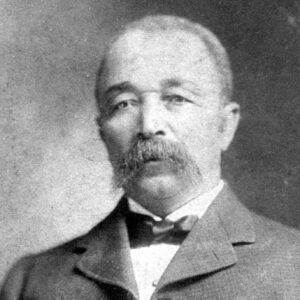 Wiley Jones
Wiley Jones
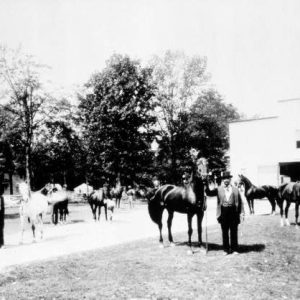 Wiley Jones with Horse
Wiley Jones with Horse
 Willa Saunders Jones
Willa Saunders Jones
Jones, Willa Saunders
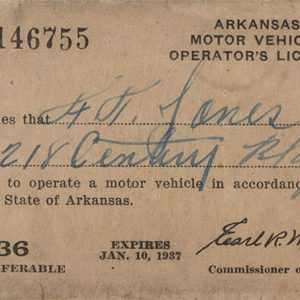 Jones's License
Jones's License




